Lifestyle
40 Science-Backed Tips for Weight Loss
By Jake Beardslee · August 5, 2024
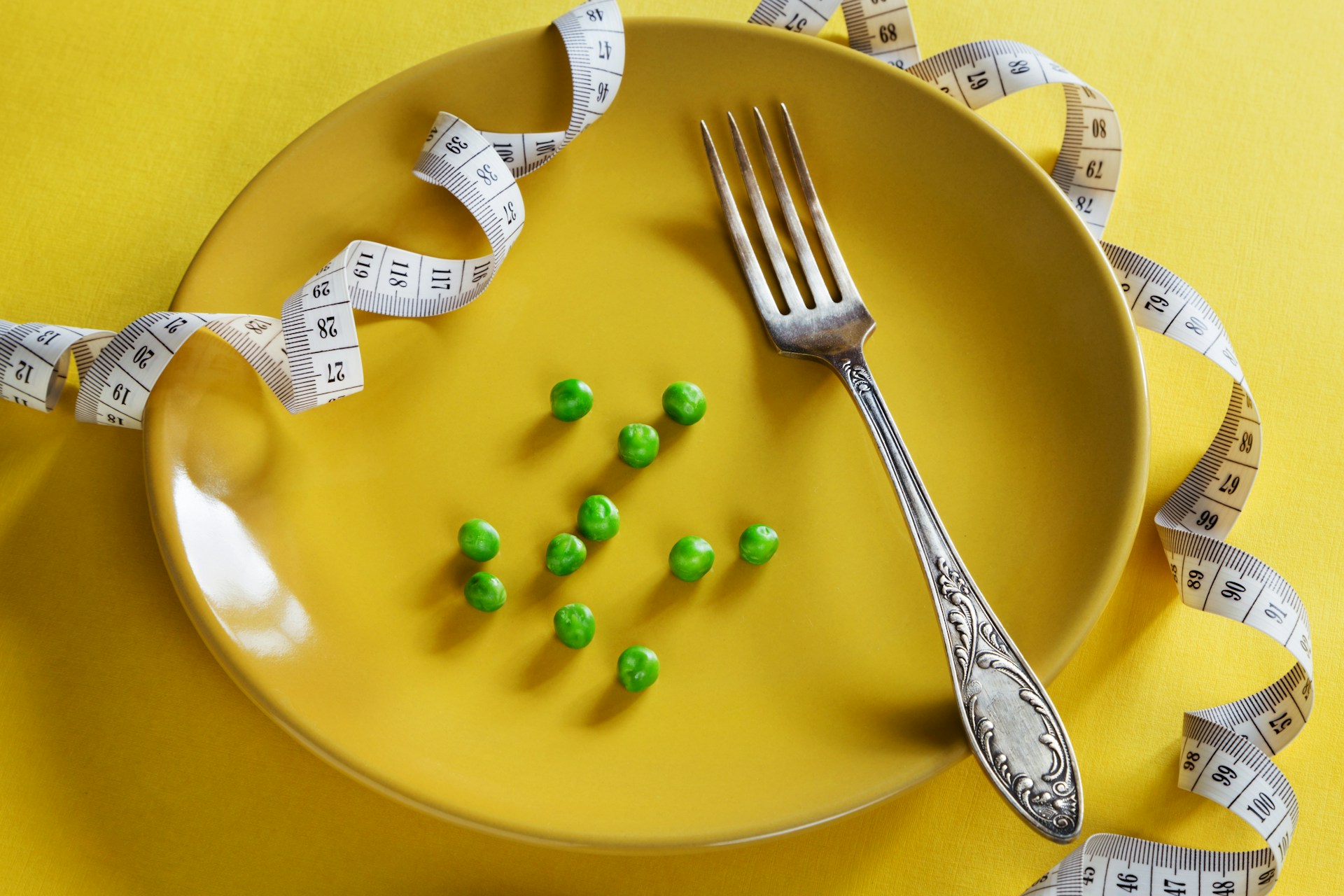
This comprehensive guide offers 40 practical, science-backed strategies to help you shed pounds and maintain a healthy weight.
From simple dietary adjustments to lifestyle modifications, these tips are designed to fit seamlessly into your routine, making weight loss an achievable and lasting goal: Elena Leya / Unsplash

Set Clear, Measurable Goals
Define your weight loss objectives with precision. Write down specific, achievable targets and display them prominently as a constant reminder. Begin by weighing yourself and commit to daily weigh-ins. While the number on the scale isn't everything, it can help track progress and keep you accountable. Remember, fluctuations are normal, so focus on the overall trend rather than day-to-day changes. Clear goals provide direction and motivation throughout your weight loss journey. Siora Photography / Unsplash
Hydrate Strategically
Water is nature's miracle worker for weight loss. It suppresses appetite, boosts metabolism, and enhances exercise performance. Aim to drink water consistently throughout the day, especially before meals to promote feelings of fullness. If plain water doesn't excite you, try infusing it with fresh fruits or opt for unsweetened tea. These beverages can provide flavor without added calories while still offering hydration benefits. Remember, sometimes thirst can masquerade as hunger, so reach for water first. Janosch Lino / Unsplash
Minimize Processed Foods
Processed foods often contain hidden sugars, unhealthy fats, and excessive salt, contributing to weight gain and health issues. Focus on whole, unprocessed foods that you can easily identify. When grocery shopping, stick to the perimeter of the store where fresh produce, lean meats, and dairy are typically located. If you're unsure about an ingredient list, it's probably best to avoid that item. By reducing processed food intake, you'll naturally consume fewer calories and more nutrients. Fernando Andrade / Unsplash
Increase Fruit and Vegetable Intake
Fruits and vegetables are nutritional powerhouses packed with fiber, vitamins, and minerals. They're low in calories but high in volume, helping you feel full and satisfied. Start each meal with a salad or vegetable soup to curb overall calorie intake. Experiment with new produce to keep things interesting, and don't shy away from frozen options, which can be just as nutritious. Aim to fill half your plate with colorful fruits and vegetables at each meal. Connor Gan / Unsplash
Incorporate Strength Training
Building muscle through strength training is a powerful way to boost metabolism and burn more calories, even at rest. Include weightlifting or bodyweight exercises in your routine at least two to three times a week. Focus on compound movements like squats, deadlifts, and push-ups that engage multiple muscle groups simultaneously. As you build strength, gradually increase the weight or resistance to continue challenging your muscles and promoting growth. Anastase Maragos / Unsplash
Embrace High-Intensity Interval Training (HIIT)
HIIT workouts are time-efficient and highly effective for burning calories and improving cardiovascular health. These short bursts of intense exercise followed by brief recovery periods can torch fat and boost metabolism for hours after your workout. Start with a simple routine, like alternating 30 seconds of sprinting with 30 seconds of walking for 15 minutes. As your fitness improves, increase the intensity and duration of your intervals for even greater benefits. Victor Freitas / Unsplash
Focus on Full-Body Exercises
Maximize your workout efficiency by incorporating exercises that engage multiple muscle groups simultaneously. Movements like burpees, mountain climbers, and kettlebell swings provide a comprehensive workout in less time. These exercises not only burn calories during the session but also contribute to increased muscle mass, which enhances overall metabolism. Aim to include full-body exercises in your routine at least twice a week, gradually increasing intensity and repetitions as your fitness level improves. Ambitious Studio* | Rick Barrett / Unsplash
Track Your Food Intake
Keeping a food diary can be eye-opening and help identify areas for improvement in your diet. Use a smartphone app or a traditional journal to log everything you eat and drink. Be honest and include even small snacks or tastes. This practice increases awareness of your eating habits and can help you make more mindful choices. After a week of tracking, review your log to identify patterns and areas where you can make healthier swaps or reduce portions. Cathryn Lavery / Unsplash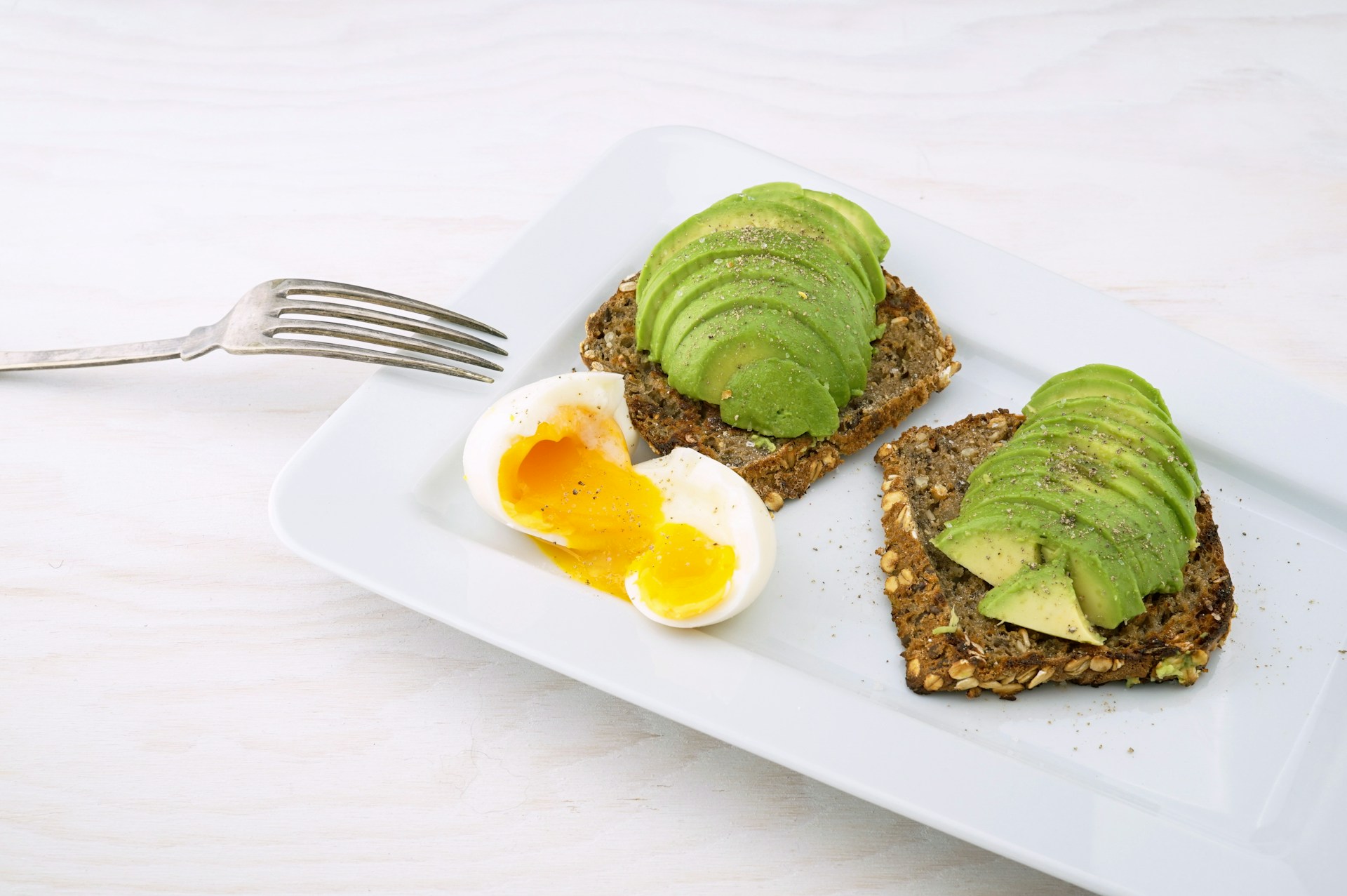
Prioritize Breakfast
Starting your day with a nutritious breakfast can set the tone for healthier eating throughout the day. A balanced morning meal helps stabilize blood sugar levels and reduces the likelihood of overeating later. Opt for a combination of protein, healthy fats, and complex carbohydrates. Try options like Greek yogurt with berries and nuts, or whole-grain toast with avocado and eggs. Experiment with different breakfast ideas to find what works best for you and your schedule. Wesual Click / Unsplash
Practice Meal Timing
Distribute your calorie intake thoughtfully throughout the day. Eating larger meals earlier and tapering off towards evening can align better with your body's natural rhythms. This approach may help with digestion and sleep quality. Try to have your largest meal at breakfast or lunch, a moderate-sized dinner, and limit late-night snacking. If you're hungry in the evening, opt for light, protein-rich snacks that won't disrupt your sleep or digestion. Pawel Czerwinski / Unsplash
Stay Active Throughout the Day
Incorporate more movement into your daily routine beyond structured exercise sessions. Take the stairs instead of the elevator, park farther away from entrances, or use a standing desk. These small changes can significantly increase your daily calorie burn. Set reminders to move every hour, even if it's just for a quick walk around the office or some stretches. Aim for at least 10,000 steps a day, using a pedometer or smartphone app to track your progress. NEOM / Unsplash
Shop Smart
Never grocery shop on an empty stomach to avoid impulse purchases of unhealthy foods. Plan your meals for the week and create a shopping list before heading to the store. Stick to the list and avoid tempting aisles filled with processed snacks. Choose whole foods and fresh produce whenever possible. If you find grocery shopping challenging, consider online ordering to remove the temptation of unhealthy impulse buys. This approach helps ensure your home is stocked with nutritious options. Marjan Blan / Unsplash
Opt for Healthier Cooking Methods
Switch from frying to baking, grilling, or steaming to reduce unnecessary calories from added oils. Experiment with herbs and spices to add flavor without extra calories. Invest in kitchen tools like an air fryer or slow cooker that can help you prepare healthier versions of your favorite foods. When sautéing, use a small amount of broth or water instead of oil. These simple changes in cooking methods can significantly reduce your overall calorie intake without sacrificing taste. Conscious Design / Unsplash
Cultivate a Positive Social Environment
Surround yourself with people who support your health goals. Seek out friends or family members who share your interest in a healthy lifestyle. Plan active social activities like hiking or dancing instead of meals centered around food. If you're at a social event, position yourself away from the buffet or snack table to avoid mindless eating. Remember, it's okay to politely decline food offers that don't align with your goals. Valiant Made / Unsplash
Find an Accountability Partner
Embarking on a weight loss journey with a friend can increase your chances of success. Choose someone with similar goals and commit to regular check-ins. Share your progress, challenges, and victories. Consider joining a weight loss support group or online community for additional motivation and tips. Having someone to share the experience with can make the process more enjoyable and help you stay on track during challenging times. bruce mars / Unsplash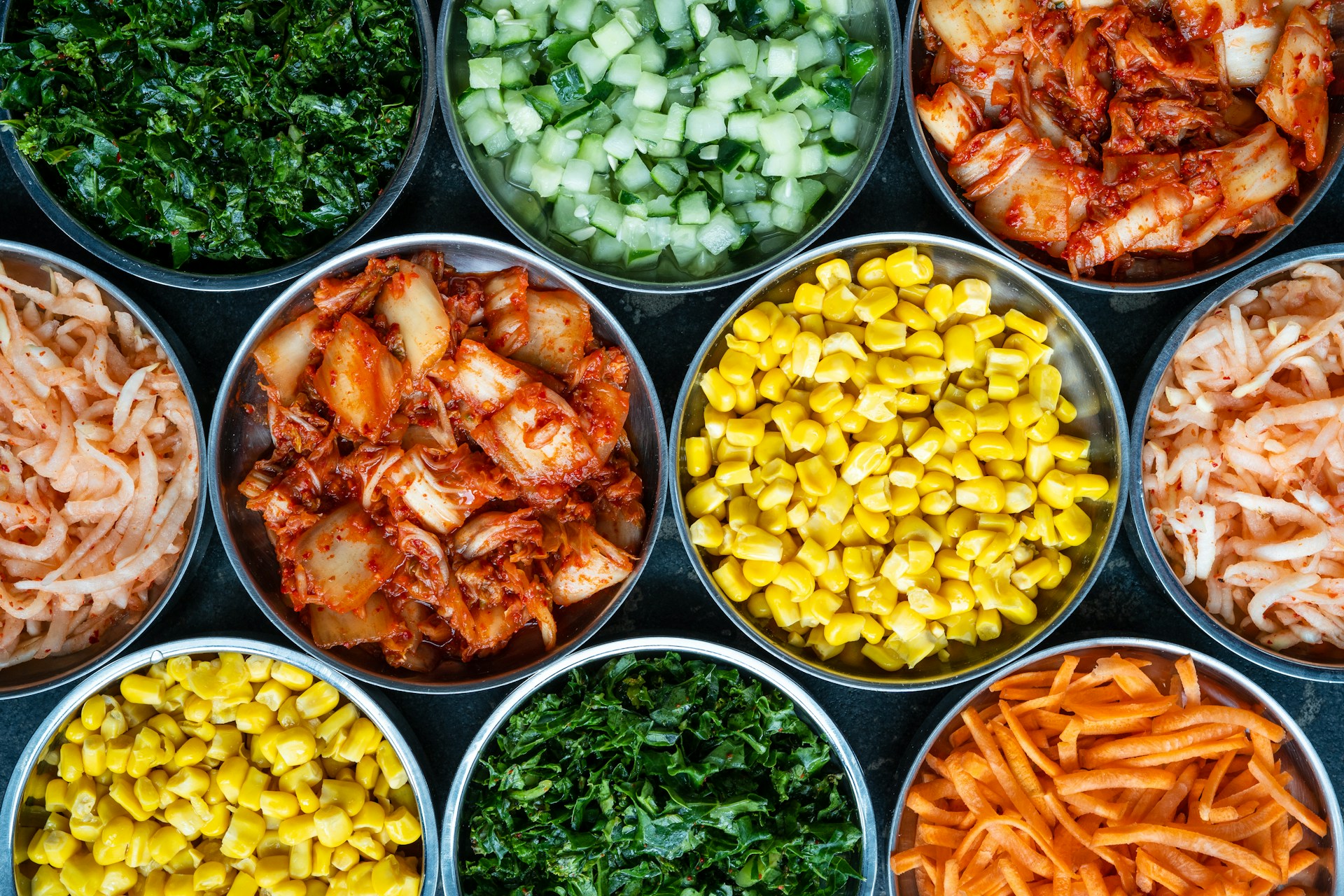
Practice Portion Control
Use smaller plates and bowls to create the illusion of larger portions. Take time to measure out servings, especially for calorie-dense foods like nuts or oils. When dining out, consider sharing an entrée or asking for a to-go box at the beginning of the meal to set aside half for later. Learn to recognize appropriate portion sizes using visual cues, like comparing servings to everyday objects. This skill can help you maintain control even when precise measurements aren't possible. Shaun Tilburg / Unsplash
Increase Fiber Intake
Fiber-rich foods promote feelings of fullness and support digestive health. Aim for at least 30 grams of fiber daily from sources like whole grains, legumes, fruits, and vegetables. Start your day with high-fiber cereal or oatmeal, and include a serving of beans or lentils in your lunch or dinner. Snack on raw vegetables or fruits with the skin on for an extra fiber boost. Gradually increase your fiber intake to avoid digestive discomfort. Aneta Pawlik / Unsplash
Stay Hydrated with Seltzer
If you're craving something bubbly, opt for flavored seltzer water instead of sugary sodas. The carbonation can help you feel full and satisfied without adding calories. Experiment with different flavors or add a splash of 100% fruit juice for variety. Keep a variety of seltzers on hand to replace high-calorie beverages. Remember, even diet sodas can trigger cravings for sweet foods, so seltzer is often a better choice. Conor Brown / Unsplash
Prioritize Quality Sleep
Aim for 7-9 hours of quality sleep each night to support weight loss efforts. Lack of sleep can disrupt hormones that regulate hunger and fullness. Establish a consistent sleep schedule and create a relaxing bedtime routine. Keep your bedroom cool, dark, and quiet. Avoid screens for at least an hour before bed, as blue light can interfere with sleep quality. If you struggle with sleep, consider consulting a healthcare professional for personalized advice. Kinga Howard / Unsplash
Schedule Regular Therapy Sessions
Mental health plays a crucial role in weight management. Consider working with a therapist to address emotional eating, stress management, or body image issues. Cognitive-behavioral therapy can be particularly helpful in developing healthier thought patterns and behaviors around food and exercise. Don't hesitate to seek professional support if you're struggling with motivation or facing emotional barriers to weight loss. A healthy mind supports a healthy body. Dustin Belt / Unsplash
Allow for Occasional Indulgences
Strict deprivation can lead to binge eating and feelings of guilt. Plan for occasional treats and enjoy them mindfully. Choose high-quality versions of your favorite indulgences and savor them slowly. This approach can help prevent feelings of deprivation and make your healthy eating plan more sustainable long-term. Remember, one indulgence doesn't derail your entire effort. The key is to return to your healthy habits at the next meal or snack. Brooke Lark / Unsplash
Focus on Protein and Fiber
Aim for meals that contain at least 30 grams of protein and 10 grams of fiber. This combination promotes satiety and helps maintain stable blood sugar levels. Include lean proteins like chicken, fish, or plant-based options in every meal. Pair them with high-fiber foods such as vegetables, whole grains, or legumes. This approach can help reduce overall calorie intake by keeping you full and satisfied for longer periods between meals. Eduardo Roda Lopes / Unsplash
Practice Mindful Eating
Slow down and pay attention to your food during meals. Chew thoroughly and put your utensils down between bites. This practice helps you recognize feelings of fullness and enjoy your food more. Avoid distractions like TV or smartphones while eating. Try to identify different flavors and textures in your meal. By eating mindfully, you're more likely to feel satisfied with smaller portions and less likely to overeat. Pablo Merchán Montes / Unsplash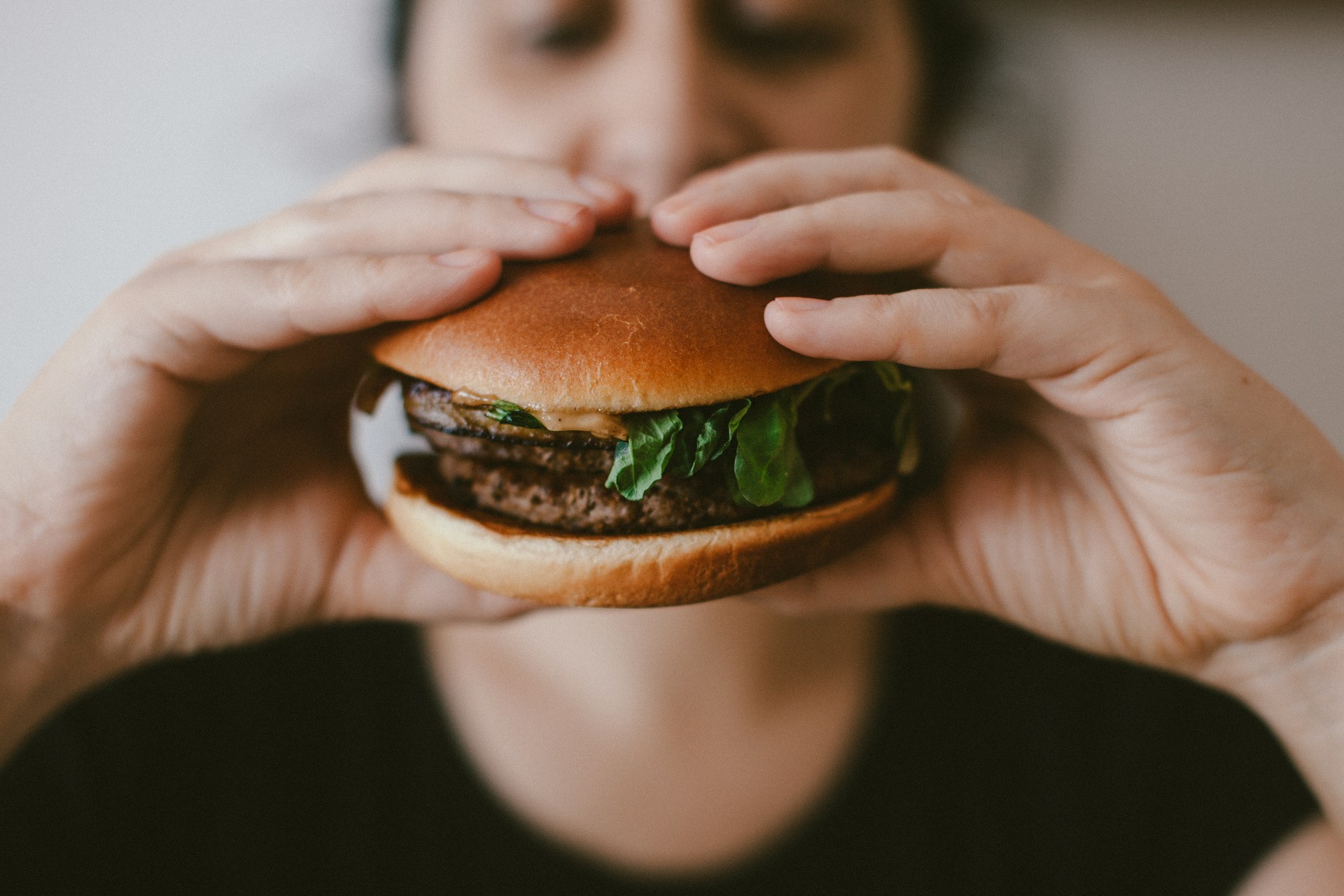
Listen to Your Body's Hunger Cues
Learn to distinguish between true hunger and emotional or habitual eating. Before reaching for food, pause and assess your hunger level. Use a hunger scale from 1 (starving) to 10 (uncomfortably full) to guide your eating. Aim to eat when you're at a 3 or 4 and stop when you reach a 6 or 7. This practice helps prevent overeating and promotes a healthier relationship with food. Remember, it's okay to feel hungry sometimes; it's a natural bodily signal. Szabo Viktor / Unsplash
Take Progress Photos
In addition to tracking weight, take monthly progress photos to visually document your journey. Wear similar clothing and take photos from the same angles each time. These visual records can be incredibly motivating, especially when the scale doesn't seem to be moving. They can help you notice changes in body composition that might not be reflected in weight alone. Store these photos in a private album for personal reference and motivation. Ryan Hoffman / Unsplash
Seek Out Active Social Activities
Replace food-centric social gatherings with active alternatives. Suggest a group hike, dance class, or recreational sports league to friends. Organize walking meetings at work or catch up with friends during a gym session. By associating social time with physical activity, you create a positive environment that supports your health goals. These activities not only burn calories but also strengthen social bonds and provide stress relief. bruce mars / Unsplash
Prioritize Self-Care
Make time for activities that reduce stress and promote overall well-being. This could include meditation, yoga, reading, or pursuing a hobby. Chronic stress can lead to emotional eating and make it harder to stick to healthy habits. Schedule regular self-care activities just as you would any other important appointment. Remember, taking care of yourself isn't selfish; it's necessary for maintaining the energy and motivation to pursue your health goals. Avrielle Suleiman / Unsplash
Experiment with Intermittent Fasting
Consider trying intermittent fasting methods like the 16/8 approach, where you limit eating to an 8-hour window each day. This can help reduce overall calorie intake and may have additional health benefits. Start gradually by extending your overnight fast by an hour or two. Drink plenty of water during fasting periods and break your fast with a balanced, nutrient-dense meal. Always consult with a healthcare provider before starting any fasting regimen, especially if you have underlying health conditions. Aziz Acharki / Unsplash
Incorporate More Movement into Your Workday
For those with desk jobs, find ways to increase activity during work hours. Use a standing desk or treadmill desk for part of the day. Take short walking breaks every hour, or conduct walking meetings when possible. Do simple exercises like desk push-ups or chair squats during breaks. Set reminders to stretch regularly. These small bursts of activity throughout the day can add up to significant calorie burn and help counteract the negative effects of prolonged sitting. Johnny Cohen / Unsplash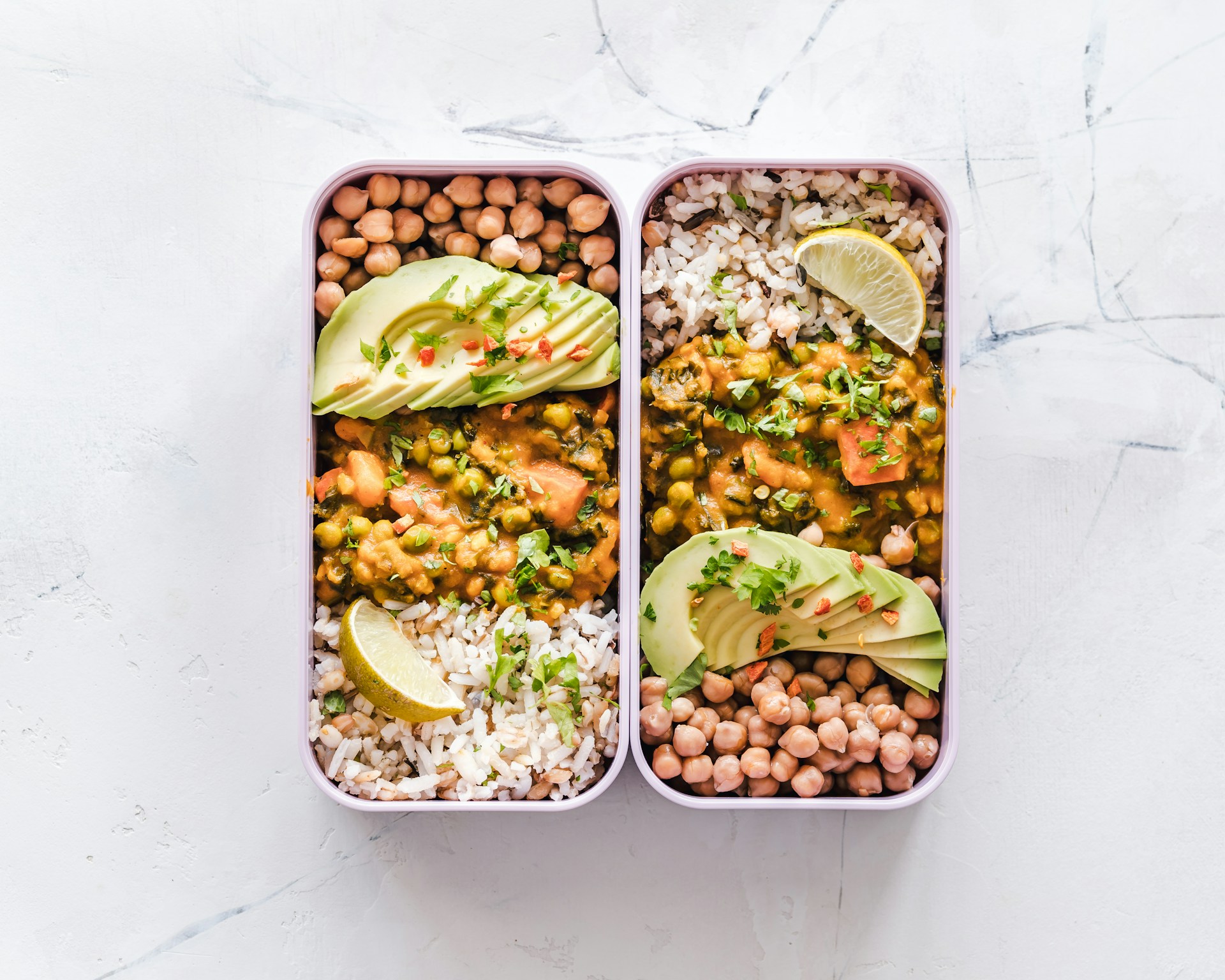
Experiment with Meal Prepping
Dedicate time each week to prepare healthy meals and snacks in advance. This practice can prevent impulsive food choices when you're tired or short on time. Start with prepping just a few meals or ingredients and gradually increase as you become more comfortable. Invest in quality food storage containers and plan varied, balanced meals to avoid boredom. Meal prepping not only supports weight loss but can also save time and money throughout the week. Ella Olsson / Unsplash
Practice Stress Management Techniques
Chronic stress can derail weight loss efforts by increasing cortisol levels and promoting emotional eating. Develop a toolkit of stress-reduction techniques such as deep breathing exercises, progressive muscle relaxation, or guided imagery. Experiment with different methods to find what works best for you. Make stress management a daily priority, even if it's just for a few minutes. Regular practice can improve your ability to handle stress without turning to food for comfort. Christian Erfurt / Unsplash
Limit Alcohol Consumption
Alcoholic beverages are often high in calories and can lower inhibitions, leading to poor food choices. If you choose to drink, opt for lower-calorie options like light beer or spirits with zero-calorie mixers. Set a limit on the number of drinks per week and stick to it. Consider alternating alcoholic drinks with water to slow consumption and stay hydrated. Remember, alcohol can interfere with sleep quality and recovery from exercise, potentially impacting your weight loss efforts. Anthony DELANOIX / Unsplash
Explore New Healthy Recipes
Keep your meals interesting by regularly trying new, nutritious recipes. This can prevent boredom and reduce the temptation to revert to less healthy options. Set a goal to try one new recipe each week. Look for ways to make healthier versions of your favorite dishes by swapping ingredients or changing cooking methods. Join online cooking communities or subscribe to healthy cooking channels for inspiration. Experimenting with new flavors and ingredients can make healthy eating more enjoyable and sustainable. Abdelrahman Sarayreh / Unsplash
Practice the 80/20 Rule
Aim to eat nutritious, whole foods 80% of the time while allowing for less strict choices 20% of the time. This balanced approach can make your healthy eating plan more sustainable long-term. Focus on filling your plate with vegetables, lean proteins, and whole grains most of the time. When you do indulge, do so mindfully and without guilt. This flexibility can help prevent feelings of deprivation and reduce the likelihood of binge eating or completely abandoning your health goals. Nature Zen / Unsplash
Use Smaller Dining Ware
Swap out large plates and bowls for smaller versions to create the illusion of larger portions. This simple change can lead to consuming fewer calories without feeling deprived. Use tall, narrow glasses for caloric beverages to reduce intake. Serve meals on salad plates instead of dinner plates. When dining out, consider ordering an appetizer as your main course. These visual tricks can help you feel satisfied with smaller portions, supporting your weight loss goals without constant calorie counting. Tom Crew / Unsplash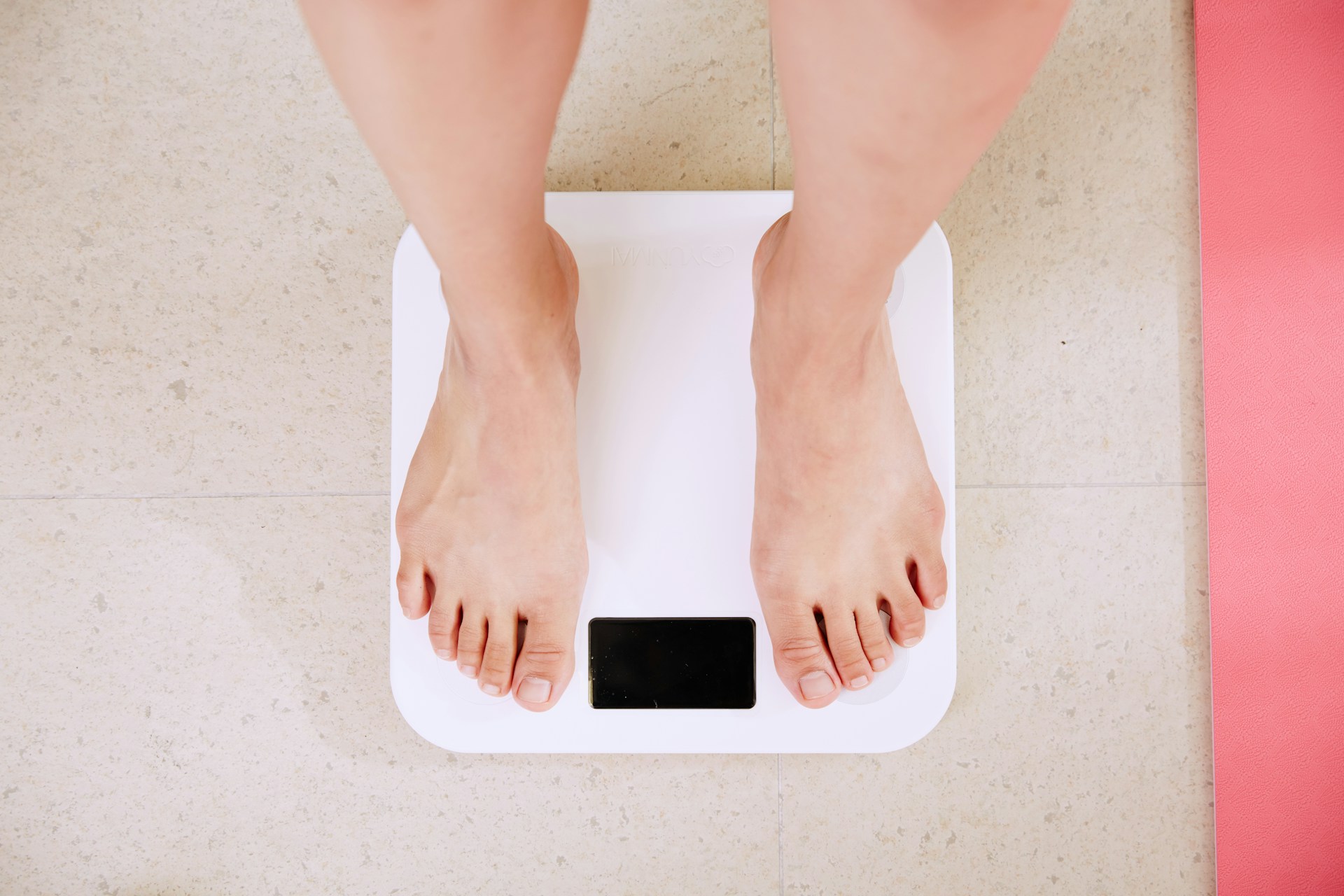
Stay Consistent with Healthy Habits
Consistency is key in any weight loss journey. Aim to maintain healthy habits even on weekends or during vacations. Plan ahead for challenging situations, like social events or travel, to stay on track. Remember that small, consistent efforts over time lead to significant results. If you slip up, don't view it as a failure; simply return to your healthy habits at the next opportunity. Celebrate your consistency in following through with healthy choices, not just the number on the scale. i yunmai / Unsplash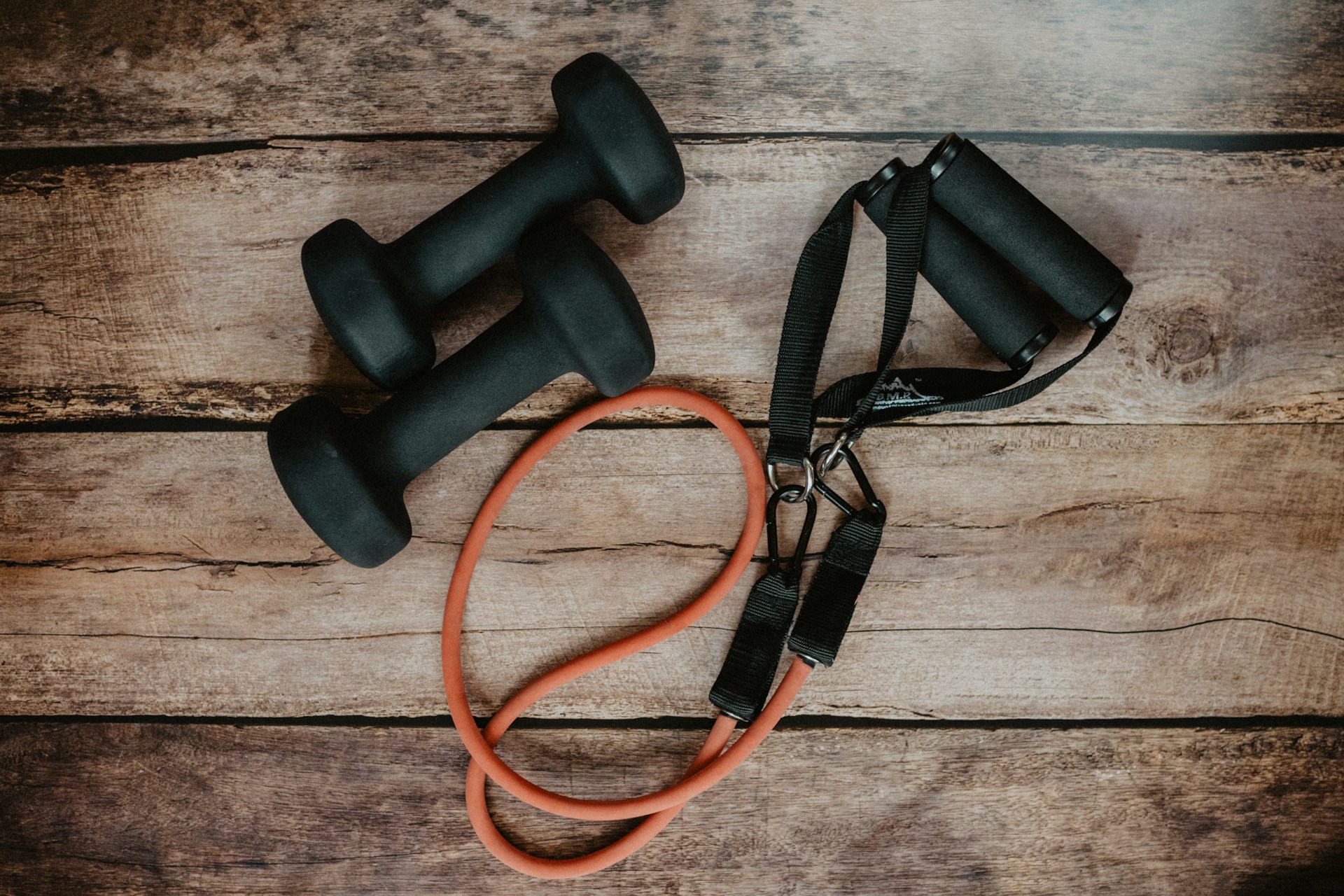
Incorporate Resistance Band Workouts
Resistance bands offer a versatile, portable option for strength training. They're ideal for home workouts or when traveling. Start with a set of bands with different resistance levels and gradually increase as you get stronger. Include exercises like band pulls, squats with band resistance, and arm curls in your routine. Resistance training helps build and maintain muscle mass, which is crucial for boosting metabolism and supporting long-term weight loss. Kelly Sikkema / Unsplash
Practice Gratitude
Cultivate a positive mindset by regularly practicing gratitude. This can help reduce stress and emotional eating. Each day, write down three things you're grateful for, including aspects of your health and body. Appreciate the progress you've made, no matter how small. This practice can shift your focus from what you perceive as lacking to the positive changes and abilities of your body. A grateful mindset can increase motivation and resilience on your weight loss journey. Nick Fewings / Unsplash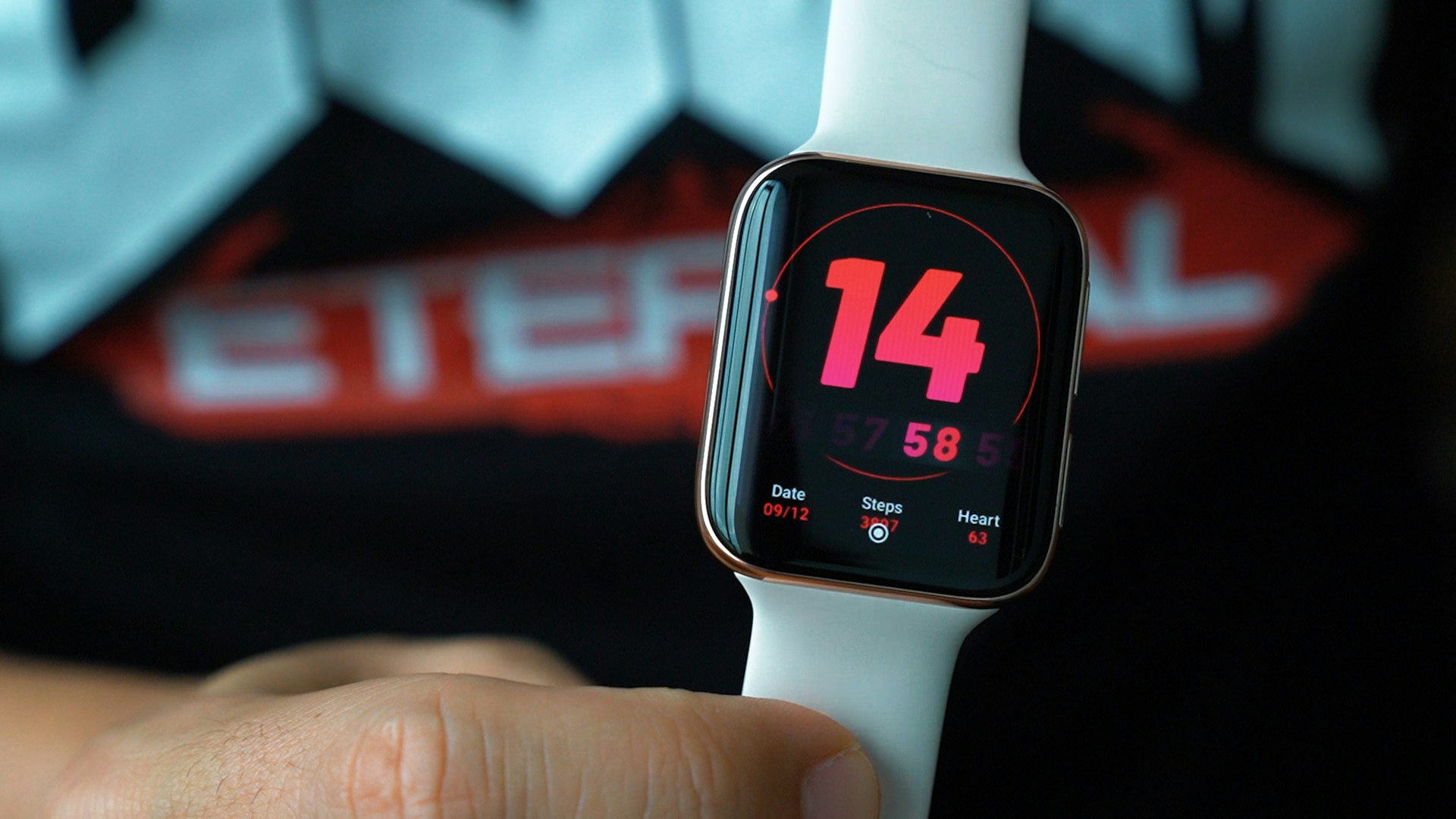
Use Technology to Your Advantage
Leverage fitness apps and wearable devices to track your progress and stay motivated. Many apps offer features like meal planning, workout routines, and progress tracking. Wearable fitness trackers can monitor your steps, heart rate, and sleep quality. Set achievable daily or weekly goals and use the data to adjust your strategies. Join online communities within these apps for support and inspiration. Remember, technology is a tool to assist you, not a replacement for consistent effort and healthy habits. Onur Binay / Unsplash
Focus on Non-Scale Victories
While the number on the scale is one measure of progress, it's not the only one. Celebrate non-scale victories like increased energy, improved sleep, better-fitting clothes, or enhanced mood. Keep a journal to track these positive changes. Set goals unrelated to weight, such as running a 5K or mastering a new healthy recipe. Recognizing these achievements can boost motivation and provide a more holistic view of your health journey, especially during periods when the scale might not be moving. Mārtiņš Zemlickis / Unsplash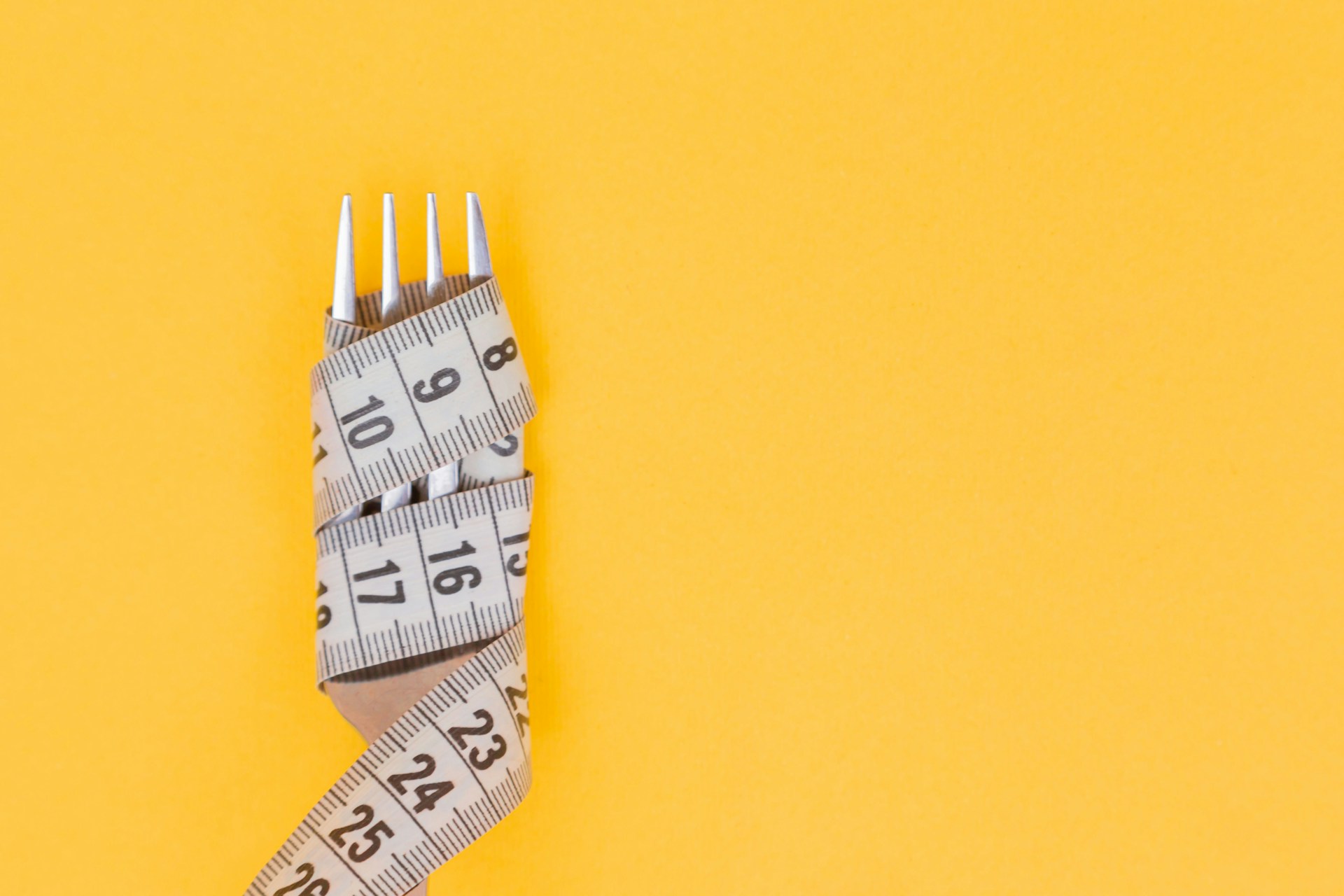
Remember, sustainable weight loss is about making small, consistent changes that add up over time. Be patient with yourself and celebrate every victory, no matter how small.
Focus on building healthy habits that enhance your overall well-being, not just the number on the scale. With persistence, self-compassion, and the right tools, you can achieve your weight loss goals and maintain a healthier lifestyle for years to come. Diana Polekhina / Unsplash